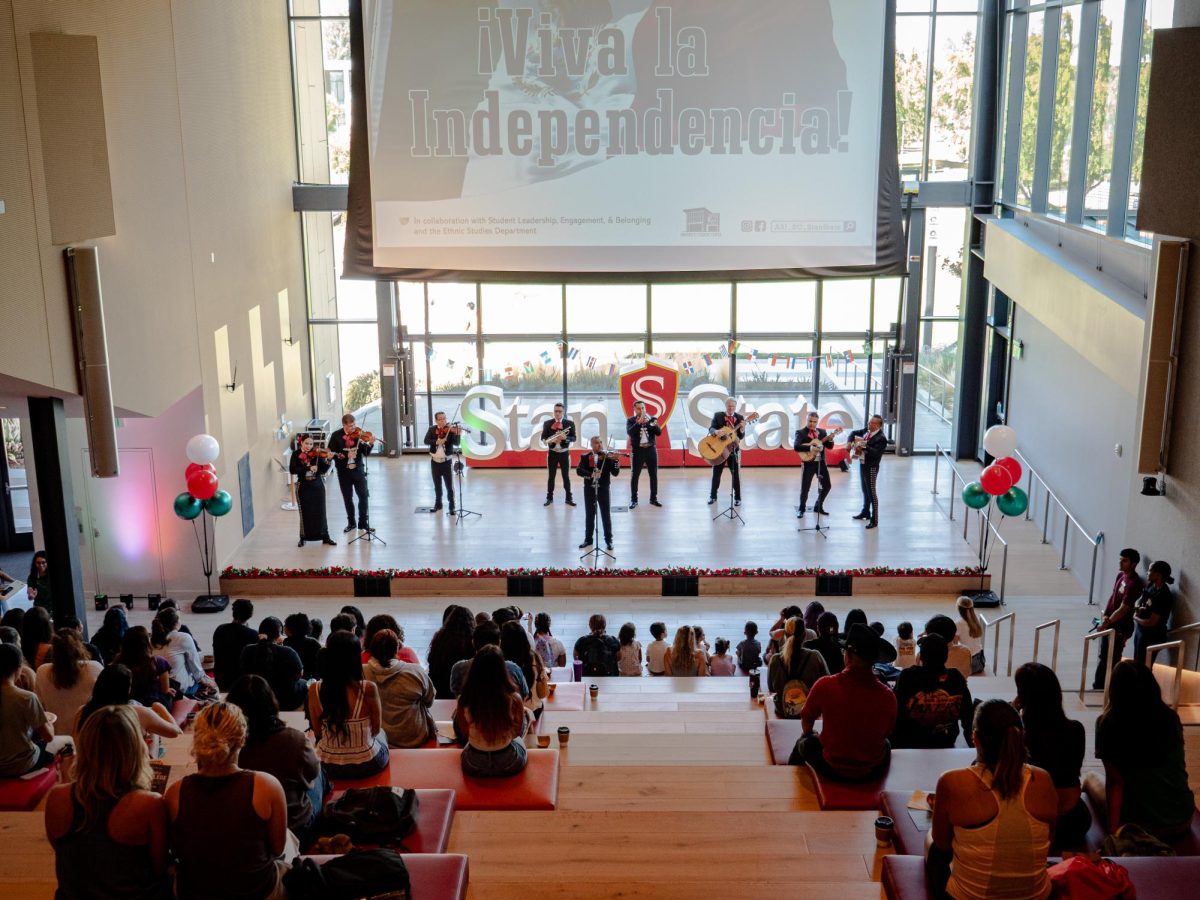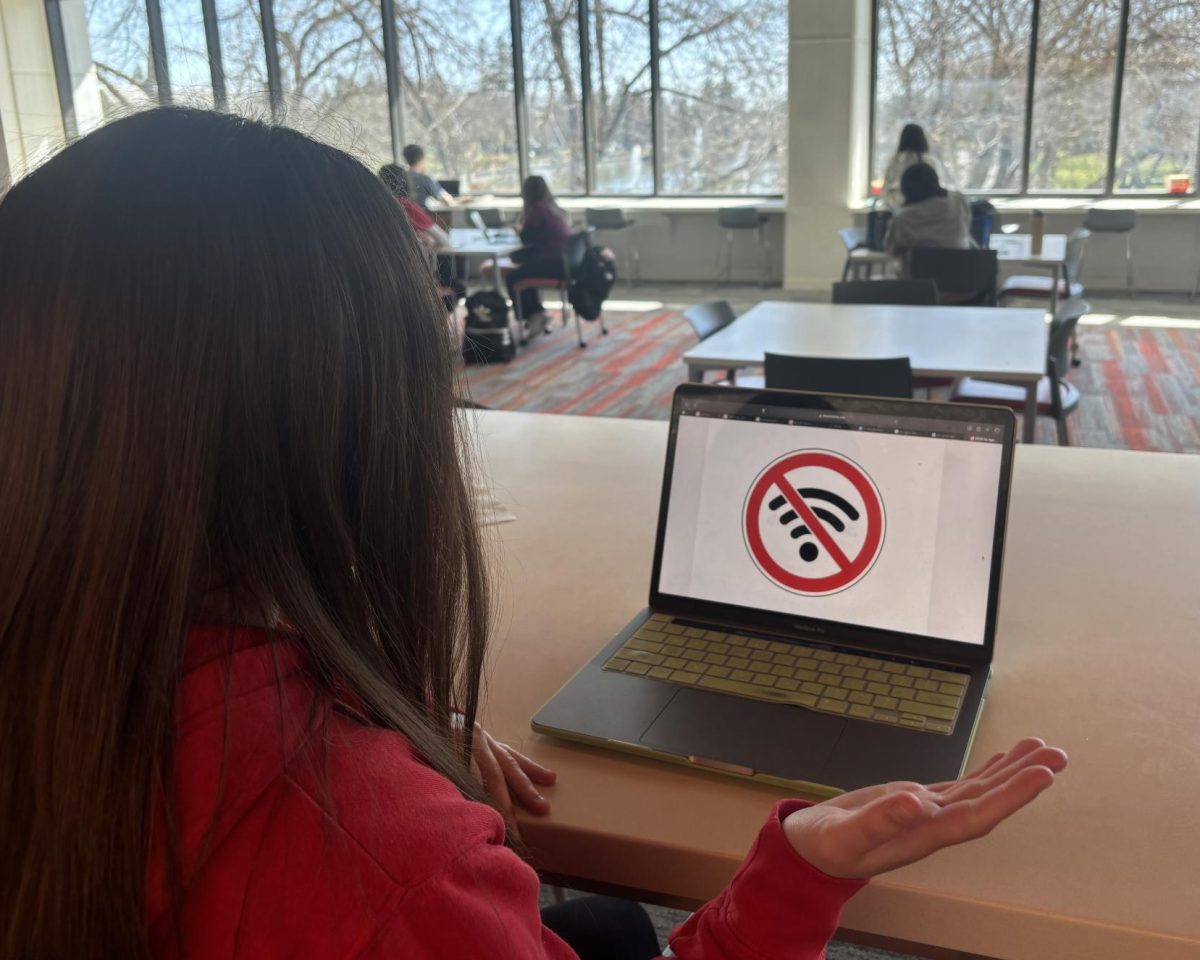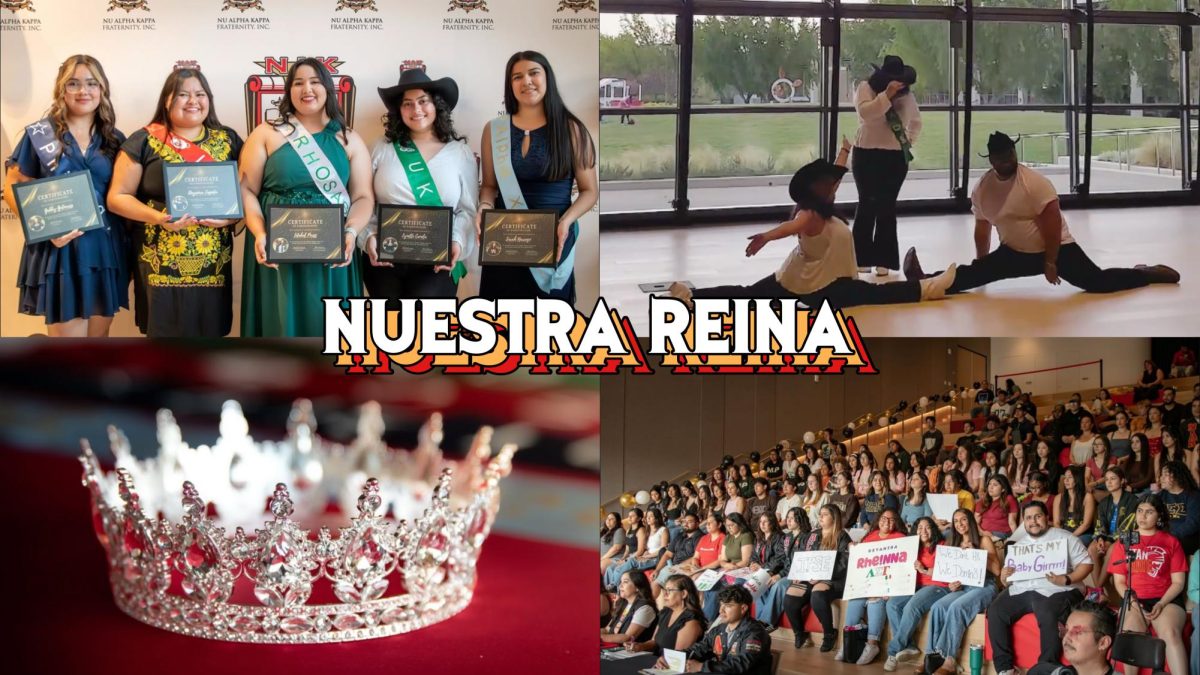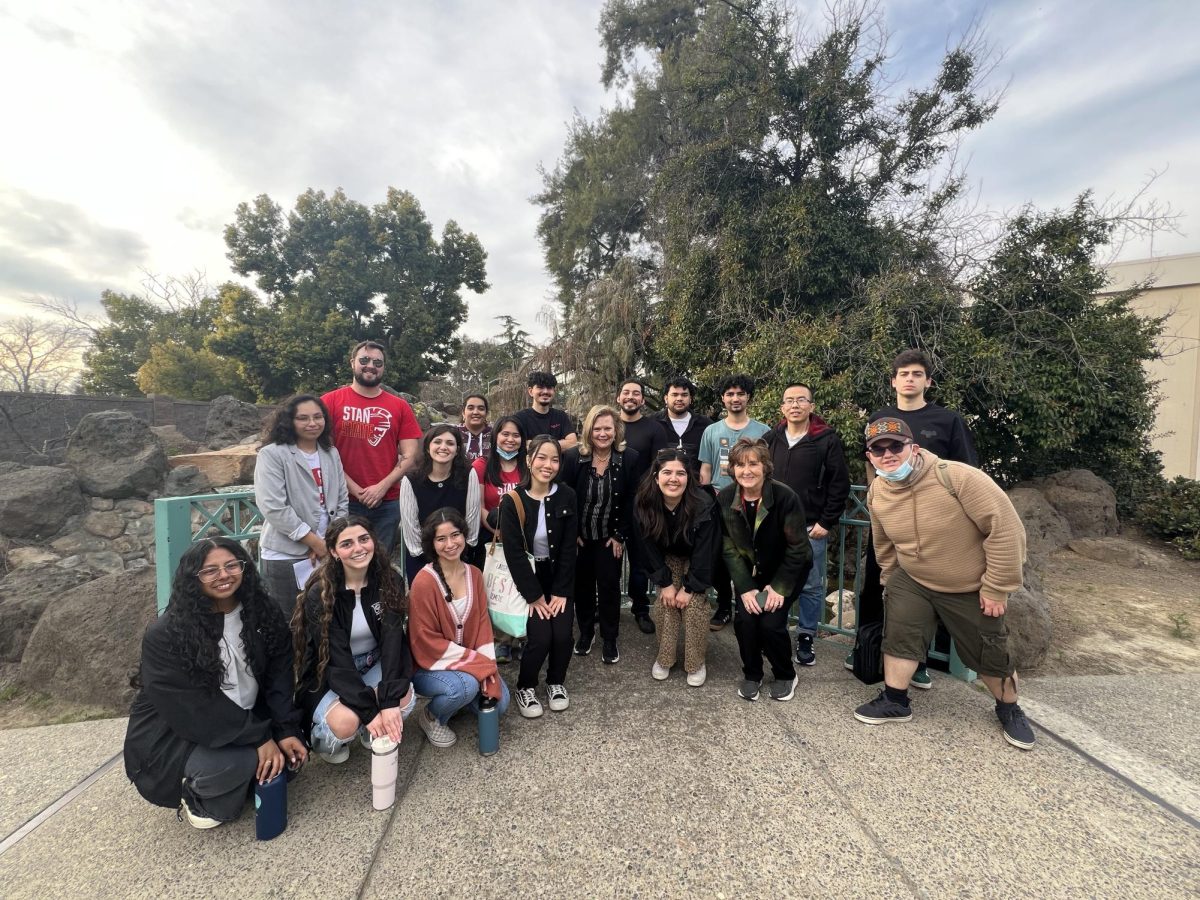California State University, Stanislaus is now four weeks in, and we at the Signal decided to use this time as a chance to check in with our new President, Joseph F. Sheley. A graduate and longtime member of the CSU system, President Sheley recently gave his first Fall Address, covering the budget, his hopes for the school year and his hopes for our students. Here he gives us a closer look into some of the things he mentioned in his address and a glimpse into who exactly is President Sheley.
Q: To start off I was wondering, now that you’ve been here since June, and now that the school year has gotten underway, how do you feel you’ve managed to fit in with the pre-existing environment that’s been here? And as far as that goes, is there anything that you are looking forward to changing with what you see?
A: “When I accepted the assignment it didn’t say, “Go change”, it said, “Go be the interim president” so for me I think for morale for all practical reasons you start the job working with people and you don’t go back and rethink history. And for me that’s where I’ve been.
I’ve been trying to meet as many people as I can. I’ve been trying to do all the reading I can. I’ve been trying to get off campus as much as I can and meet people in the community so that I do have a fairly decent starting point and it isn’t where we once were, it’s where we are now.”
Q: Continuing with the idea of finding a place to fit in, you talked about the community in your Address and about CSU Stanislaus as a hidden gem. A very interesting thing about this CSU is that it’s not necessarily a college town. It’s more of a college in a town. Do you have any plans as far as seeing it become more integrated with the community?
A: “Yes. Don’t call them plans, call them desires. Because plans shouldn’t be made by one person. Especially when they involve a campus community. What you need is conversations…We can’t just say it and make it that way, but when I do have conversations, certainly with people outside the university, they really respect this place.
They would like to have our university to be more integrated with other elements of what’s going on in the community.
People really like this place and they’d really like to do more in cooperation and in partnership with this university which would mean we wouldn’t be ‘an island’ or ‘a hidden gem.’ It would mean that we could do more for the benefit of the community but also we could benefit from having more community engagement with the university.”
Q: What ideas do you have about establishing this kind of community and maintaining the accessibility of a commuter school?
A: “If we can increase the percentage of students who have that larger university experience, where there are elements of their student life that aren’t just taking classes and going to advising, whether or not they’re commuters, then I think we raise the possibilities of connecting more with the larger community too.
To me the key before anything else happens is to give students reasons to be on campus outside of class. The point is they don’t just drive on and drive off. They have social lives on campus. And that’s one of the primary ingredients, I feel, to bonding with the institution and leaving here with a lifelong attachment to it.”
Q: How do you feel your prior history will help you work in this new situation?
A: “I’ve been working in the CSU for 16 years now. More importantly, I’m an alumnus of the CSU, in this case Sacramento. I do have a sense of what access means, and I do have a sense of what commuting means. I worked full time when I was in college, so the hard work was finding time to stay on campus and seeing friends and participate in other things. I do have a real sense of what it’s like to be a first generation college student. I was the first in my family.”
Q: Another thing you mentioned in your address, was not just surviving through and toughing out these hard times, but to actually thrive and to really do more than just make it to the end. You also asked certain things of us students, of our faculty and staff, and of our community as a whole. You asked us to be patient and flexible. To keep pushing forward. To steer the course. What would you say to encourage everyone to keep doing this through such hard times?
A: “The first thing you say is honestly, do you really have a choice to just be a leaf in the wind? Do you really want to be in a position where you become so frustrated and so beaten down that you basically give up your capacity still to do important things.
To me it’s not a choice. What I do acknowledge is times are tough and I don’t get to do all the neat things I want to do, but that doesn’t mean you and I and everybody else in our campus community can’t sit down as a group and say, “OK, tough times. We have to live through them.
But what are the priorities we want to set? What is it that we still could accomplish collectively that keeps us a bit ahead of the curve, keeps us from atrophying, keeps us alert and ready so that when that little opening occurs we aren’t still talking, we’re ready to go.” We owe that to ourselves.
And let’s put it this way, we don’t necessarily owe it to ourselves. I owe it to the campus community. You owe it to your successor students… I’m not unrealistic. I can’t do anything about that budget. But there are important things that we can do without the budget.”
Q: If you could give the students a sense of who you are outside of the office and away from the desk, what would you want them to know about yourself. What other interests do you have?
A: “I’m so beaten down by my workaholism, but I do really enjoy baseball. I used to play a lot. I played senior league hardball in my 50’s, but it is a game that has so many connections to weathering ups and downs and every pitch counts, everything is strategic. I don’t mean to ramble on here, but if you really enjoy watching baseball and realizing how hard it is, you do kind of develop a certain approach to problem solving, preparation, immediate and long-term strategy…
I enjoy reading. I find myself having less time to do it, but I belong to a book group. I have for over ten years now, where we pick a book and every month and a half or so we get together so six out of the seven books are books I didn’t pick and probably wouldn’t have read if someone else in the group hadn’t picked it, which is kind of neat. Forces me into genres where I would not go. I wouldn’t be reading science fiction, I promise you that, but I do and sometimes I even enjoy the picks that somebody else makes. The thing I don’t get to pick anymore is travel and that’s in my future sometime. I do enjoy traveling.”
Categories:
President Sheley gives insight on his future plans
By Martin Bocanegra
•
September 20, 2012
0
Donate to Signal
Your donation will support the student journalists of California State University, Stanislaus. Your contribution will allow us to purchase equipment and cover our annual website hosting costs.
More to Discover






